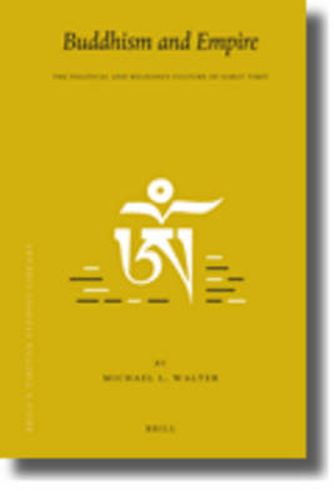Readings Newsletter
Become a Readings Member to make your shopping experience even easier.
Sign in or sign up for free!
You’re not far away from qualifying for FREE standard shipping within Australia
You’ve qualified for FREE standard shipping within Australia
The cart is loading…






This book convincingly reassesses the role of political institutions in the introduction of Buddhism under the Tibetan Empire (c. 620-842), showing how relationships formed in the Imperial period underlie many of the unique characteristics of traditional Tibetan Buddhism. Taking original sources as a point of departure, the author persuasively argues that later sources hitherto used for the history of early Tibetan Buddhism in fact project later ideas backward, thus distorting our view of its enculturation. Following the pattern of Buddhism’s spread elsewhere in Asia, the early Tibetan imperial court realized how useful normative Buddhist concepts were. This work clearly shows that, while some beliefs and practices per se changed after the Tibetan Empire, the model of socio-political-religious leadership developed in that earlier period survived its demise and still constitutes a significant element in contemporary Tibetan Buddhist religious culture.
$9.00 standard shipping within Australia
FREE standard shipping within Australia for orders over $100.00
Express & International shipping calculated at checkout
This book convincingly reassesses the role of political institutions in the introduction of Buddhism under the Tibetan Empire (c. 620-842), showing how relationships formed in the Imperial period underlie many of the unique characteristics of traditional Tibetan Buddhism. Taking original sources as a point of departure, the author persuasively argues that later sources hitherto used for the history of early Tibetan Buddhism in fact project later ideas backward, thus distorting our view of its enculturation. Following the pattern of Buddhism’s spread elsewhere in Asia, the early Tibetan imperial court realized how useful normative Buddhist concepts were. This work clearly shows that, while some beliefs and practices per se changed after the Tibetan Empire, the model of socio-political-religious leadership developed in that earlier period survived its demise and still constitutes a significant element in contemporary Tibetan Buddhist religious culture.